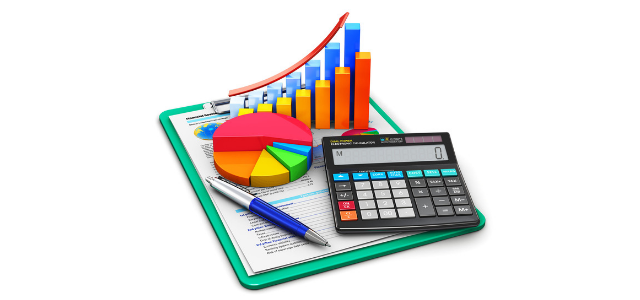South Africans have recently shifted from a Level 4 ‘national lockdown stage’ to a level 3. And, although this level-shift can be a slight relief for some, many consumers are still trying to deal with the financial implications and emotional scars of the COVID-19 pandemic and national lockdown period as a whole.
Recent feedback from the Department of Statistics South Africa’s (STATS SA) Behavioural and health impacts of the COVID-19 pandemic in South Africasurvey shows that more individuals (93,2%) are concerned about the economy’s downfall while a lower percentage (88,9%) are worried about the health, of say, vulnerable individuals.
To add more relevance to these statistics and interesting enough, DebtSafe’s latest research results confirm that the lockdown period is seen by consumers (receiving an income) as more harmful to their financial situations than the COVID-19 pandemic itself. BUT in contrast, a greater percentage of respondents (employed or not) consider the COVID-19 pandemic to be more damaging to their state of mind than the national lockdown period.
During May 2020 (level 4 lockdown) overa thousand consumers (1240 to be exact) took part in DebtSafe’s South Africans’ Financial Reality During Lockdown survey. Certain attention-grabbing statistics can surely shed some light on these (and other) consumers’ current financial affairs and their state of mind through the entire COVID-19 and national lockdown ordeal.
A: The 1240 respondents’ current experience concerning their personal/emotional well-being highlights the following:
- A total of 59.08% of the survey’s respondents consider the COVID-19 crisis/pandemic to have a worse/negative impact on their state of mind/well-being than the national lockdown period (40.92%) currently.
- The COVID-19 pandemic and national lockdown period have a greater negative effect on the following aspects of consumers’ lives:
- finances (74.72%),
- emotional well-being (53%), and
- stress levels (48.41%).
- From various types of moods, consumers describe their current emotional state of mind as being:
- stressed (25.56%),
- frustrated (20.13%),
- anxious (14.61%), and
- depressed (12.08%).
B: Consumers (that indicated they are still employed/receive some form of income during the national lockdown period) describe their existing financial matters as the following:
- According to 55.94% of the respondents the national lockdown period is more detrimental to their financial situations than the COVID-19 pandemic (44.06%) currently.
- By keeping consumers’ financial circumstances in mind, their current top five (5) financial priorities include:
- food (94.06%),
- water & electricity (61.63%),
- rent (55.45%)
- data/internet (30.69%) and,
- medical aid (26.49%).
Do note: these financial priorities are the consumers’ selection from an extensive list.
- Consumers’ financial circumstances make their current environment challenging and they have stopped paying their:
- savings/investments (22.03%),
- retail credit/accounts, for example, a clothing account, store card or furniture account (20.7%),
- daycare/school fees (18.56%),
- credit agreements, such as a credit card, overdraft or personal loan (18.32%), and
- pay television/streaming television subscriptions (18.07%).
Do note: 27.23% respondents indicate that their payments are in fact up to date.
An eye-catching fact: the one thing that most of these survey respondents look forward to after the national lockdown/when the COVID-19 crisis period has stabilised, is to find a job/employment, gain a salary and be able to work again. Or, having the freedom to see/reunite with their friends/family or, to be able to move freely/having their freedom back for a change.
According to these insightful statistics, it is fair to say that it is indeed challenging financial times for various (and in all honesty most) consumers. One cannot help to wonder if this new reality will ever shift back to South Africans’ ‘used-to-be normal’.

